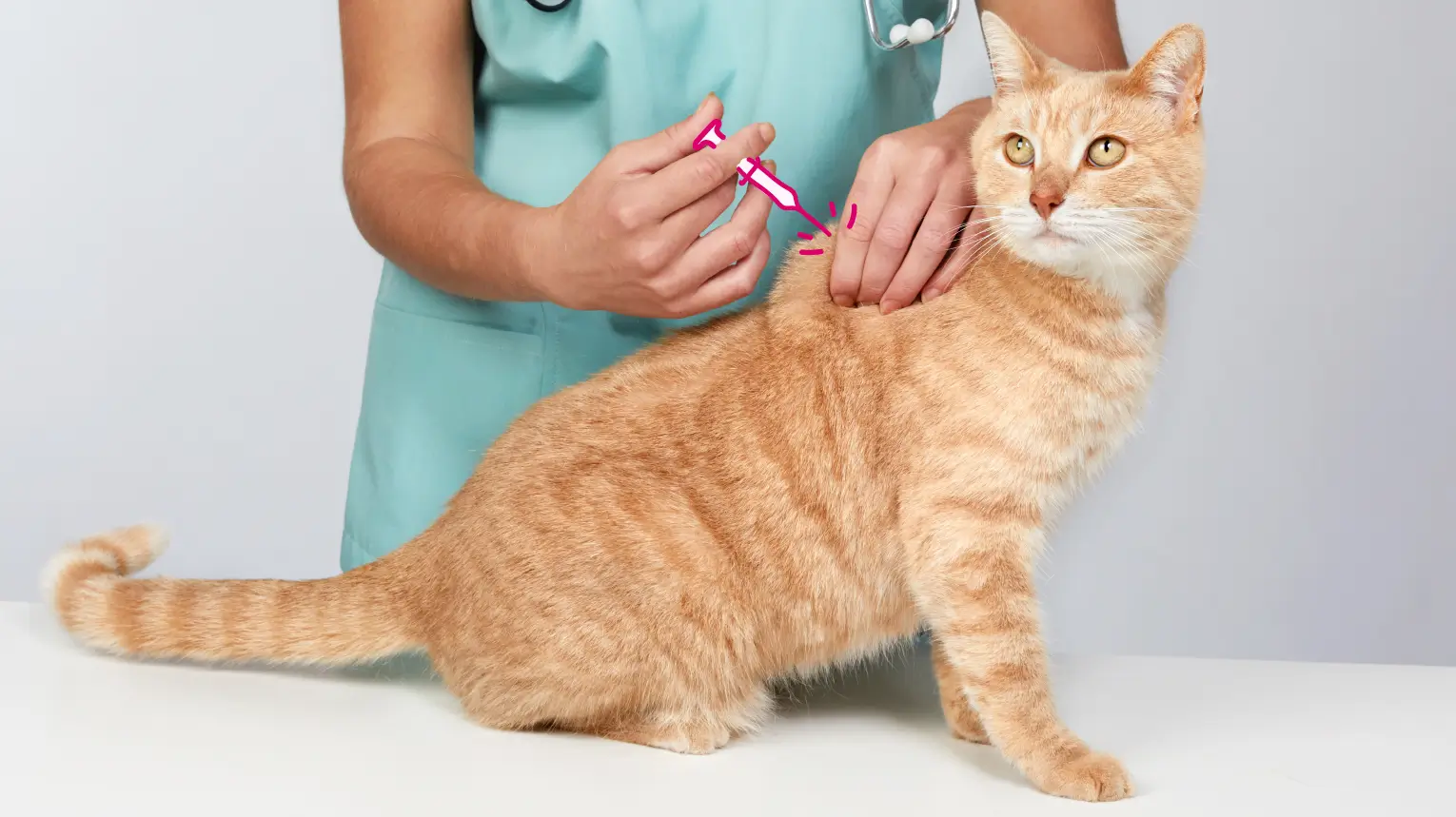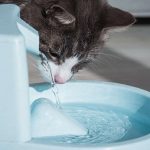Wondering how to protect your feline family member from potential dangers? While frequent cleaning of floors and shoes (keeping in mind that standard detergents may not eliminate all viruses) or simply hoping for the best are options, prevention is the most effective strategy. Vaccinations offer a straightforward and reliable method to ensure your pet’s health for years to come. In this article, we’ll address common questions, such as which vaccines are necessary for kittens and other important considerations.
Table of Contents
What Is Vaccination?
Vaccination involves introducing weakened or inactivated pathogens into your cat’s body. This process mimics a mild form of the disease, prompting the immune system to produce antibodies. As a result, immunity is developed against specific illnesses. If the same antigen enters the body again, the immune system is prepared to combat it effectively.
How Is Vaccination Administered?
- Pre-Vaccination Deworming: Before vaccinating, your cat should undergo deworming treatments twice, spaced 10 days apart.
- Veterinary Examination: A veterinarian will examine your cat to ensure it’s healthy enough for vaccination and then administer the vaccine via an injection, typically at the scruff of the neck.
- Pet Passport: At your request, a pet passport can be issued. While it’s optional, vet clinics in Dubai recommend it, as it serves as an official record of your pet’s medical procedures.
Why Should You Vaccinate Your Cat?
Vaccination is the most reliable way to prevent infectious diseases and their complications in cats. Vaccines are significantly safer than the diseases they protect against. Viral infections in cats can have high mortality rates—some exceeding 70%. Early intervention is crucial because the incubation period of these viruses can range from 2 to 10 days before symptoms appear. During this time, the virus can become well-established, making it difficult to treat. Vaccination equips your cat’s immune system to fight off these pathogens from the outset.
When Should Cats Not Be Vaccinated?
Vaccination should only be performed when your cat is in optimal health. Introducing a vaccine to a weakened animal can be risky, as the immune system may not respond effectively. Parasites like fleas and worms can compromise your cat’s health by draining energy and releasing toxins. Therefore, it’s essential to ensure your cat is parasite-free and healthy before proceeding with vaccination.
Debunking Common Myths About Cat Vaccination
- Vaccinations Always Cause Complications: High-quality vaccines undergo rigorous testing, making adverse reactions rare—occurring in about 1-2 out of every 200 cases. Low-quality vaccines, however, can be ineffective or harmful.
- Indoor Cats Don’t Need Vaccines: Even indoor cats are at risk, as diseases can be brought into the home on clothing or shoes.
- One Vaccine Provides Lifetime Immunity: Immunity can wane over time. Regular booster shots are necessary to maintain protection against diseases.
- Mixed-Breed Cats Are Immune to Disease: All cats, regardless of breed or age, are susceptible to infectious diseases.
- Vaccinated Cats Can’t Get Sick: If a cat wasn’t properly prepared for vaccination or was stressed or ill, the vaccine may not be fully effective. This is known as a “breakthrough of post-vaccination immunity.”
- No Direct Contact Means No Risk: Diseases can spread through airborne particles, contaminated surfaces, and even human clothing, not just direct animal-to-animal contact.
What Are the Risks of Not Vaccinating Your Cat?
Choosing not to vaccinate leaves your cat vulnerable to serious and potentially fatal diseases. Natural immunity may not be sufficient to combat certain infections, leading to prolonged illness and complications affecting internal organs. While vaccines don’t offer 100% protection, they significantly reduce the risk of disease. It’s far better to vaccinate than to leave your cat completely unprotected.
Caring for Your Cat After Vaccination
It takes about 14 days for your cat to develop full immunity after vaccination. During this period:
Limit Exposure: Keep your cat indoors and away from other animals to reduce the risk of infection.
Avoid Stress: Minimize stressful situations, such as bathing or traveling.
Monitor Health: While most cats resume normal activities quickly, watch for any unusual behavior. If you notice anything concerning, contact your veterinarian promptly, as allergic reactions, though rare, can occur.
By staying informed and proactive about vaccinations, you’re taking essential steps to ensure your cat leads a healthy and happy life.






